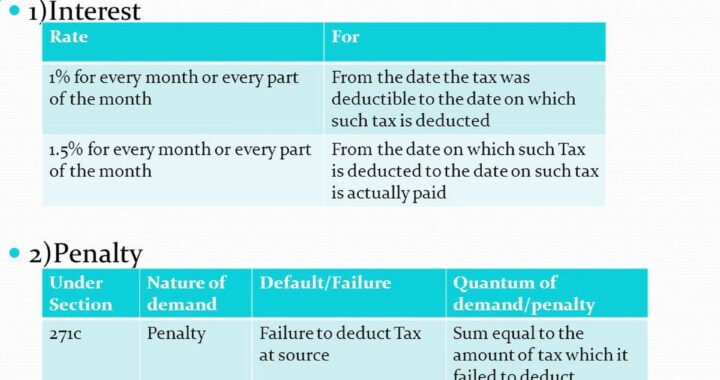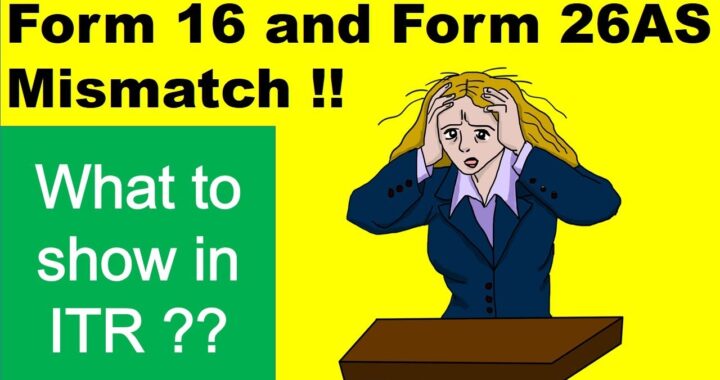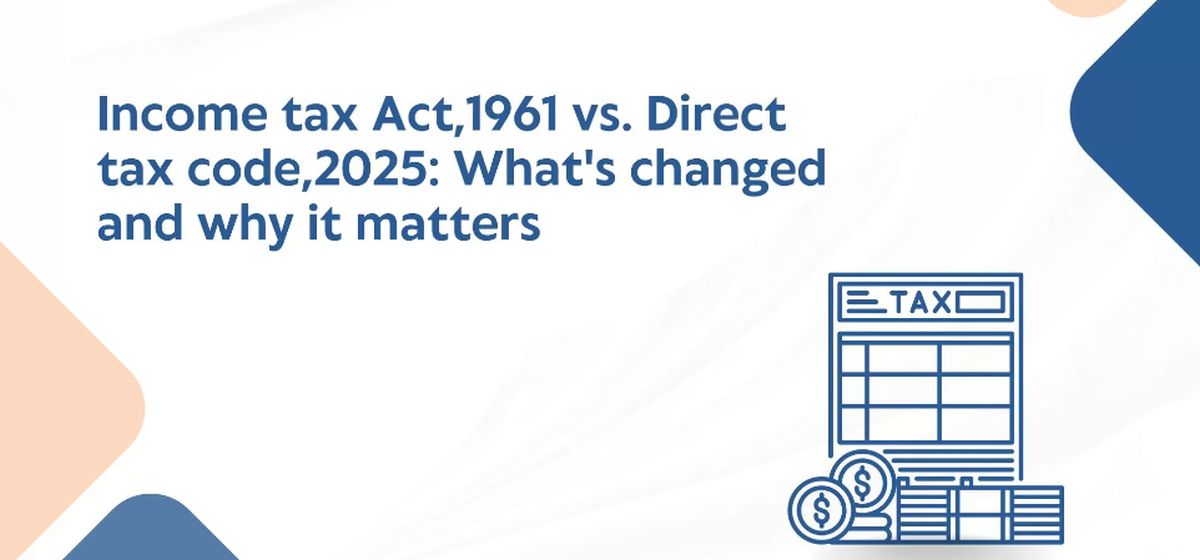Block assessment proceedings cannot be initiated against the assessee if search is not conducted against the assessee
 In the recent case of Commissioner of Income Tax-3 vs. Sunny Liquors Pvt. Ltd., 2015 (1) TMI 103, the Andhra Pradesh High Court has held that if search is conducted in the premises not belonging to the assessee, an order of block assessment cannot be passed against the said assessee.
In the recent case of Commissioner of Income Tax-3 vs. Sunny Liquors Pvt. Ltd., 2015 (1) TMI 103, the Andhra Pradesh High Court has held that if search is conducted in the premises not belonging to the assessee, an order of block assessment cannot be passed against the said assessee.
It was held that making of block assessments is an uncommon phenomenon and only relates to the assessees who are suspected to have concealed some vital important information and the searches are made in the premises of the assessee as a result of which some material not being a part of the books of account is unearthed during such search, in such situations only an order of block assessment can be passed.
The Apex Court in the case of ACIT vs. Hotel Blue Moon, 2010 (2) TMI 1, held that only when some material which are not part of the books of account contained in the returns and the corresponding orders of assessment are revealed during a search in the premises of the concerned assessee, an order of block assessment can be passed.
Facts and circumstances of the case:
The instant case depicts how at times the facility of making block assessments as provided in Chapter XIVB of the Income Tax Act is resorted to. The provisions as contained in chapter XIVB of the Income Tax Act are to some extent penal in nature.
The respondent was a businessman who dealt with liquor. For the year 1992-93, the respondent declared its income of Rs. 4,490/- and for the following year i.e. 1993-94 an income of Rs. 20,540/-. On 01.03.1995, the Revenue passed orders of assessment. The taxable income for the year 1992-93 was calculated at Rs. 3, 27,630/- and for 1993-94 at Rs.1, 99,447/-. The respondent paid the tax accordingly.
Subsequently on 14.09.1995, a search was conducted at the premises of M/s. Mahaveer Group of Companies where some books of account belonging to that companies revealed that goods worth Rs. 49,90,175/- were sold to the respondent in the assessment year 1992-93. Accordingly, a notice under Section 158BD of the Income Tax Act was served upon the respondent on 02.09.1996.
A show cause notice, dated 24.07.1997 issued against the respondent followed the said notice. An order of block assessment, covering the period 1987-88 to 1997-98 was thereafter passed against the assessee on 30.09.1997. The cost of the gift articles, being Rs. 49, 90,175/- was considered as undisclosed income of the respondent and tax was levied upon the same.
The respondent filed an appeal before the Hyderabad Bench A of the Income Tax Appellate Tribunal which was allowed by the Tribunal by an order dated 06.06.2002. The Revenue preferred the instant appeal this appeal under Section 260A of the Act against the said order.
The observations of the Andhra Pradesh High Court:
Sri S. R. Ashok was the learned counsel who appeared for the appellant and Smt. K Neeraja appeared on behalf of the Respondent.
In the instant case no search was conducted against the assessee being the respondent in the instant appeal and the proceedings under Chapter XIVB of the Act were initiated against him based on the discoveries made during a search which was conducted in the premises of M/s. Mahaveer Group of Companies.
In such circumstances it is possible that if a search, conducted against an assessee provides some facts related to another assessee, proceedings can be initiated also against the said assessee. The finding that there was suppression of the sale of goods amounting to Rs. 49, 90,175/- by M/s. Mahaveer Group of Companies is not well justified as in their books of account the transactions were stated.
It was held that the respondent has revealed the purchase of the goods not only in their books of account but in their returns too; as such there is no basis for the Department to initiate block assessment proceedings against the assessee.
The judgment:
The double bench of the Andhra Pradesh High Court consisting of Justice L. Narasimha Reddy and Justice Challa Kodanda Ram upheld the order of the Tribunal. Accordingly the appeal was decided against Revenue.

 Can an assessee pay House Rent to his parents and claim relief? Would there be any legal complications?
Can an assessee pay House Rent to his parents and claim relief? Would there be any legal complications?  Boost Your Business & Reduce Taxes: A Guide to Maximizing Benefits Under Section 80JJAA
Boost Your Business & Reduce Taxes: A Guide to Maximizing Benefits Under Section 80JJAA  What is remedy to taxpayer if the Tax deductor fails to deposit the TDS or fails to file TDS Return
What is remedy to taxpayer if the Tax deductor fails to deposit the TDS or fails to file TDS Return  What is Income Tax Liability on Income from trading in Future and Options
What is Income Tax Liability on Income from trading in Future and Options  The Importance of Filing Your Income Tax Return on Time: A Financial Must-Do
The Importance of Filing Your Income Tax Return on Time: A Financial Must-Do  Is Addition made by Assessing officer on basis of mismatch between AIR and F26AS Justified
Is Addition made by Assessing officer on basis of mismatch between AIR and F26AS Justified  Major Changes Expected in Direct Tax Code 2025 and why these matter
Major Changes Expected in Direct Tax Code 2025 and why these matter